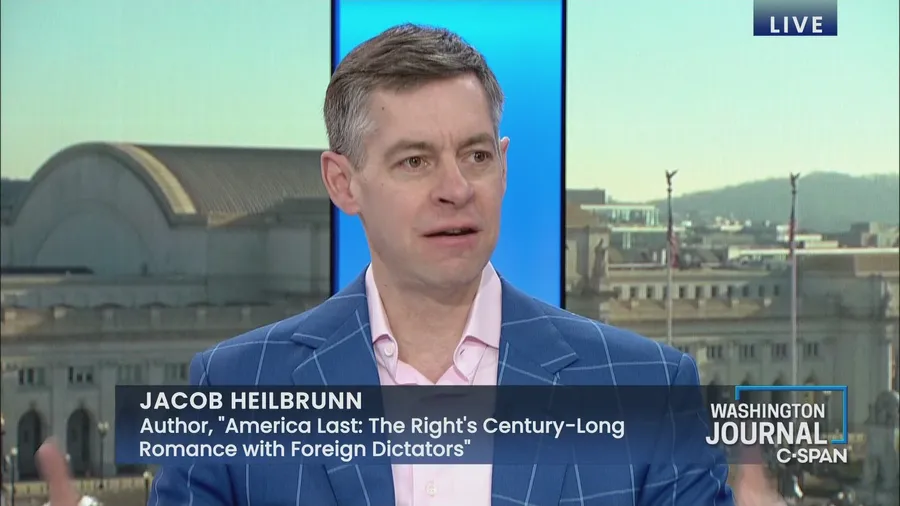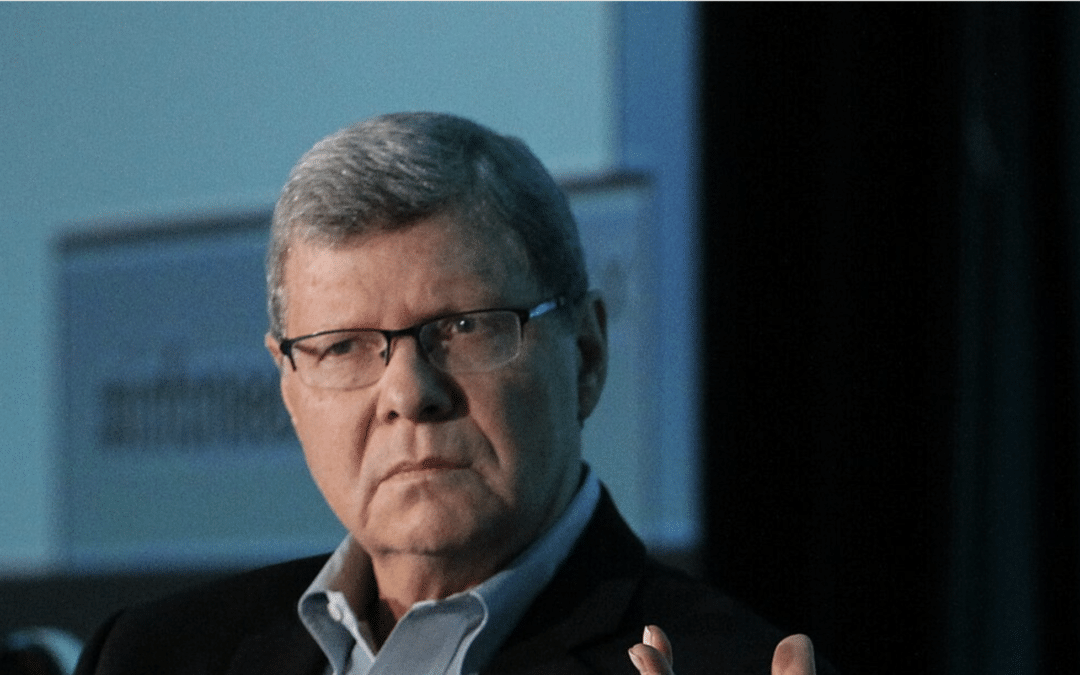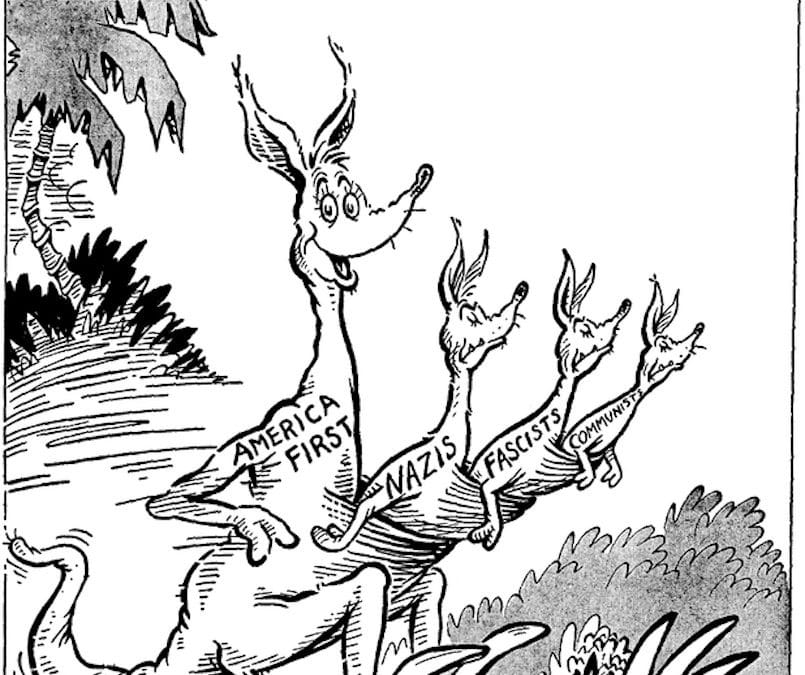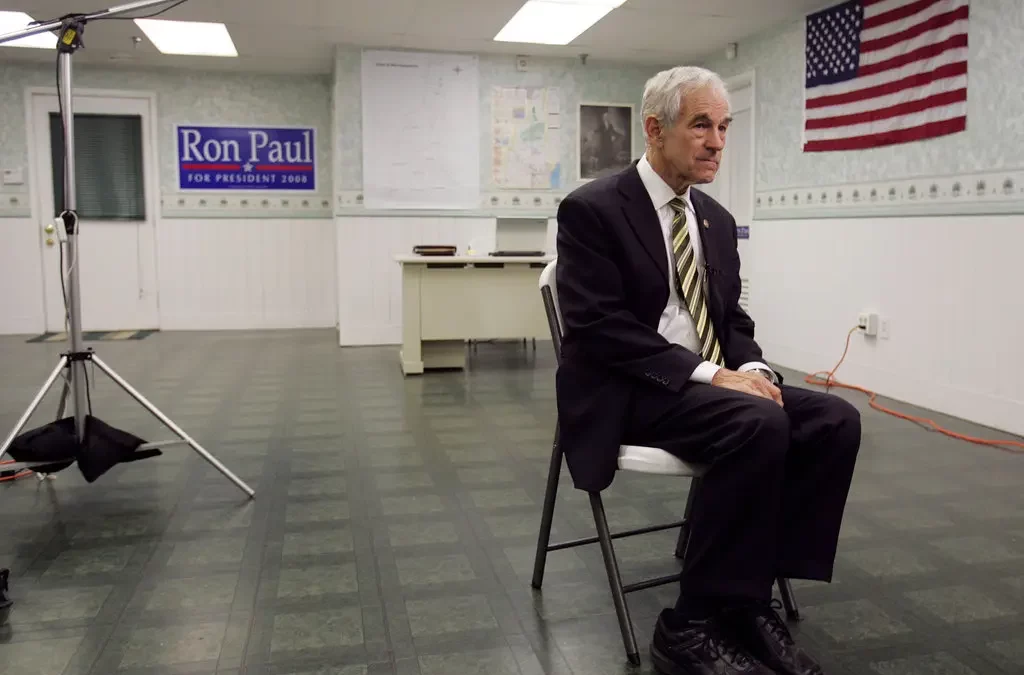H.W. Brands' America First: Roosevelt vs. Lindbergh in the Shadow of War is an informative and well-needed account of the vitriolic debates that preceded American entry into the Second World War. Brands's treatment is a welcomed addition to a field that, since the election of Donald Trump, has often relapsed into whiggish ahistoricism and presentism. Brands's America First rescues an earlier historical consensus about the "Great Debate," the name given to the rancorous public exchanges concerning American entry into World War II, one that presents the period before American entry into the...
















